
Research for Readiness: Military Health System kicks off annual symposium
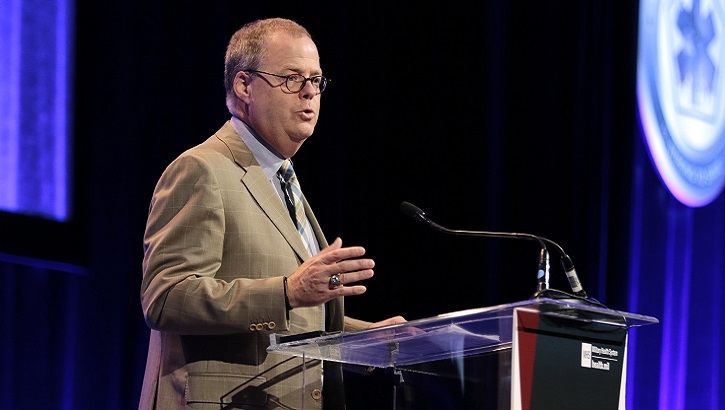
Assistant Secretary of Defense for Health Affairs, Thomas McCaffery, welcomed attendees to the Military Health System Research Symposium on Monday, August 19th at the Gaylord Palms Resort and Convention Center in Kissimmee, Florida. (MHS photo)
KISSIMMEE, Fla. —The Military Health System Research Symposium opened on Monday morning, August 19th, at the Gaylord Palms Resort and Convention Center. More than 3,000 attendees gathered for the annual event, the Department of Defense’s premier scientific meeting, convening military medical researchers and providers, academia, international partners, and industry to exchange cutting-edge findings in military medicine. This year’s MHSRS theme is Research for Readiness, focusing on four priority areas: warfighter medical readiness, expeditionary medicine, warfighter performance, and return to duty.
Navy Rear Adm. Mary C. Riggs, deputy assistant director, research and development at the Defense Health Agency welcomed everyone, highlighting the importance of research and development to pave the way for successful partnerships for innovation. “Since 2012, MHSRS has been a powerful enabler to bring attendees together for discussion and collaboration for real solutions.” Riggs concluded by introducing a new video featuring recent research accomplishments across the military medical enterprise.
Assistant Secretary of Defense for Health Affairs, Thomas McCaffery, offered his welcome and focused his remarks on the pivotal transformation the military health system in undergoing, what these changes mean for warfighters and patients, and the critical role of military medical research to advance the MHS’s integrated system of readiness and health.
McCaffery underscored the significance of the transformation of the MHS, a unique, multi-billion-dollar a year enterprise with one of the largest health plans in the nation. He highlighted significant research and development activities that will impact transformation including leveraging national and international partnerships, a key part of the National Defense Strategy; supporting integrated and connected care through MHS GENESIS; collaborating with and among entities within the MHS; and acknowledging an increasingly complex global security environment.
McCaffery concluded, “The MHS is at a pivotal time: a time to challenge ourselves to go beyond the status quo, and identify new ways of doing business to integrate health care services, increase efficiencies, and deliver the highest quality services possible to our patients. I’m looking forward to hearing about what cutting-edge developments are on the horizon, and recognizing more great work from our research professionals.”
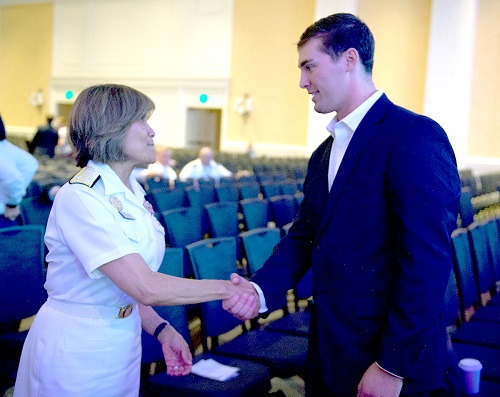
Navy Vice Adm. Raquel C. Bono greets retired Army Sgt. Oliver Campbell after his moving presentation at 2019 MHSRS about how he survived near-fatal gunshot wounds during a 2016 Afghanistan mission. (MHS photo)
Navy Vice Adm. Raquel C. Bono, director of the Defense Health Agency, took the MHSRS stage one final time as DHA director. Bono looked back at the significant accomplishments across the MHS during her tenure. She highlighted that health services research funding announced at last year’s symposium is now available from DHA, describing how such research presents opportunities to broaden our perspective to impact national health care efforts. “Research is a unifying effort for effective collaboration,” she said.
Bono also looked ahead to the future, noting how the impacts of climate change will require innovation to keep service members safe in extreme environments. Citing a 66% increase of active duty personnel with malaria, she said that infectious diseases and bug-borne illnesses are still impacting service member readiness, making research done by the Department of Defense Deployed Warfighter Protection Research Program all the more critical and timely.
After Bono’s presentation, McCaffrey returned to the stage to thank Bono for her years of service upon her retirement next month, crediting her as a leader who does not rest on her laurels and one who embraces change. The attendees gave her a standing ovation. Bono encouraged the attendees to continue their excellent work for the MHS. “You are on a crest. Keep riding that wave because you’ve got what it takes.”
Dr. Terry Rauch, Acting Deputy Assistant Secretary of Defense for Health Readiness Policy and Oversight, congratulated the science community for their strong track record in the last two decades with the highest survivability rates in the history of warfare and the greatest post-injury quality of life. He urged the scientists gathered to be ready to work even harder to address the many challenges ahead.
One of the challenges he spoke of was the need for research solutions to help service members maximize their human potential across multi-domain operations - across space, cyber, air, sea and land. “Of paramount importance is research to optimize human performance to peak cognitive, physical, and emotional potential,” said Rauch.
He urged attendees to use their week at MHSRS as an extension of their laboratory, to “kick back and talk science,” to connect with each other and grapple collaboratively with the complex casualty care challenges that lie ahead.
Retired Army Sgt. Oliver Campbell concluded the morning’s plenary session with his riveting story. Campbell was shot by enemy snipers in Afghanistan in January 2016 during his fifth special operations deployment as an Army Ranger. His internal bleeding was so severe that an Army trauma surgeon performed an in-air thoracotomy, opening up Campbell’s entire left chest, suturing the damaged blood vessel and massaging his heart in route to Bagram Air Field. “After seven minutes of death, my heart began to beat on its own,” described Campbell of how the surgeon saved his life.
Campbell retired from active duty in 2016, and is now studying biology at Dartmouth College in New Hampshire. His ultimate goal is to serve re-enlist as a military trauma surgeon. His military honors include a Purple Heart, two Army Commendation Medals and a Joint Service Achievement Medal.
Individuals, teams honored at MHSRS for exemplary research
Article
8/20/2019
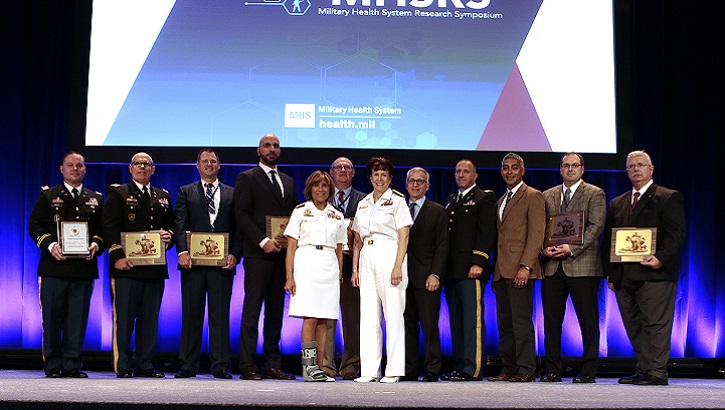
New nurse researcher award debuts this year
DHA-PI 3200.01: Research and Development (R&D) Enterprise Activity (EA)
Policy
This Defense Health Agency-Procedural Instruction (DHA-PI), based on the authority of References (a) and (b), and in accordance with the guidance of References (c) through (p): a. Establishes the Defense Health Agency’s (DHA) procedures for the Deputy Assistant Director (DAD), R&D to manage and execute, on behalf of the Assistant Secretary of Defense for Health Affairs (ASD(HA)), the portion of the Defense Health Program (DHP) Research, Development, Test, and Evaluation (RDT&E) appropriation assigned to it (referred to as the “DHP Science and Technology (S&T) Program)”. The DHP S&T Program includes Budget Activities (BAs) 6.1-6.3 and 6.6. The ASD(HA) provides policy, direction, and guidance to inform planning, programming, budgeting, and execution of the DHP RDT&E appropriation in accordance with statute, regulation, and policy in Reference (a). The DAD-R&D, and Component Acquisition Executive (CAE) manage and execute DHP RDT&E Program funds aligned to them on behalf of the ASD(HA). The CAE is responsible for managing BAs 6.4, 6.5, and 6.7 funding, as well as Procurement and Operations and Maintenance funding required to support DHP-funded Acquisition Programs, regardless of acquisition activity. b. Supports the Director, DHA, in developing appropriate DHA management models to maximize efficiencies in the management and execution of DHP RDT&E-funded activities carried out by the Combatant Commands (CCMDs), Services, Uniformed Services University of the Health Sciences (USU), Defense Agencies, and other DoD Components, as applicable. c. Codifies processes to confirm DHP RDT&E funds are applied towards medical priorities and aligned to ASD(HA) policy, direction, and guidance to develop and deliver innovative medical products and solutions that increase the readiness of the DoD medical mission in accordance with Reference (a). d. Supports the following objectives of the R&D EA: (1) Increasing the quantity, quality, and pace of medical research through improved programmatic organization, processes, and oversight. (2) Ensuring DHP RDT&E funded efforts align to ASD(HA) published program guidance that provides resourcing guidance and translates national, departmental, and Service priorities into specific program objectives. (3) Verifying alignment of DHP RDT&E funds to medical priorities and to ASD(HA) policy, direction, and guidance to ensure the development and delivery of medical materiel and knowledge solutions. (4) Facilitating coordination with the CCMDs, Services, USU, Defense Agencies, and other DoD Components, as applicable, to ensure DHP RDT&E funded activities address joint medical capability gaps, and avoid unnecessary duplication.
- Identification #: DHA-PI 3200.01
- Date: 8/9/2019
- Type: DHA Procedural Instruction
- Topics: Research and Innovation
New DHA health services research funding opportunity available
Article
7/1/2019

This new funding opportunity is available to both intramural and extramural research organizations
Surgeons perform first bioengineered blood vessel transplant in military patient
Article
5/28/2019
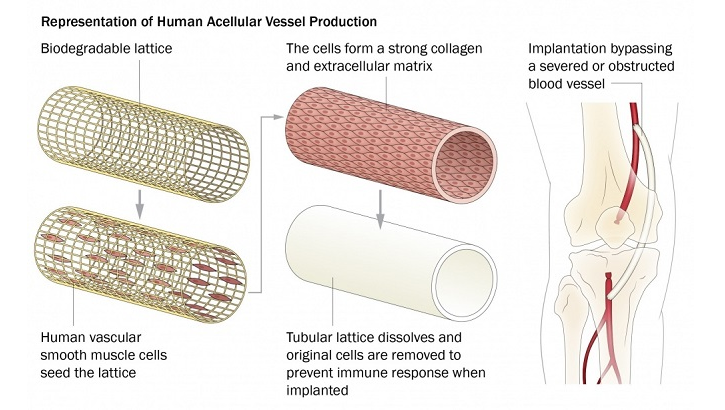
Injury to major blood vessels of the body is the most common cause of death and disability in combat
Call for abstracts open for 2019 Military Health System Research Symposium
Article
2/11/2019
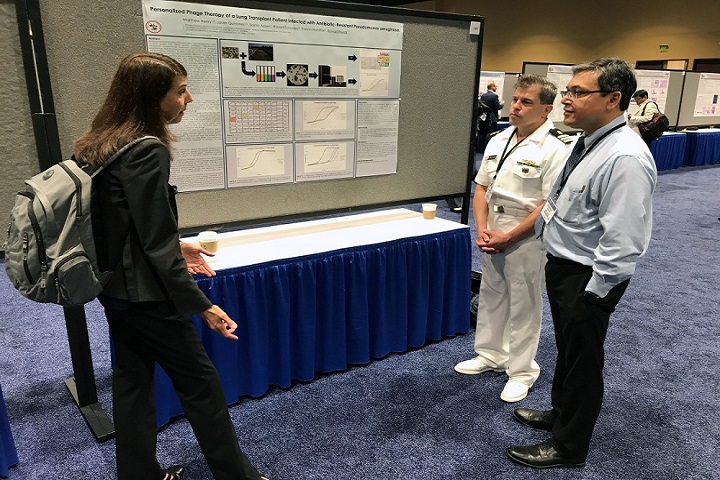
MHSRS is the DoD’s premier scientific meeting and addresses the unique medical needs of the Warfighter
Oak Harbor achieves first with crucial new information technology milestone
Article
12/21/2018
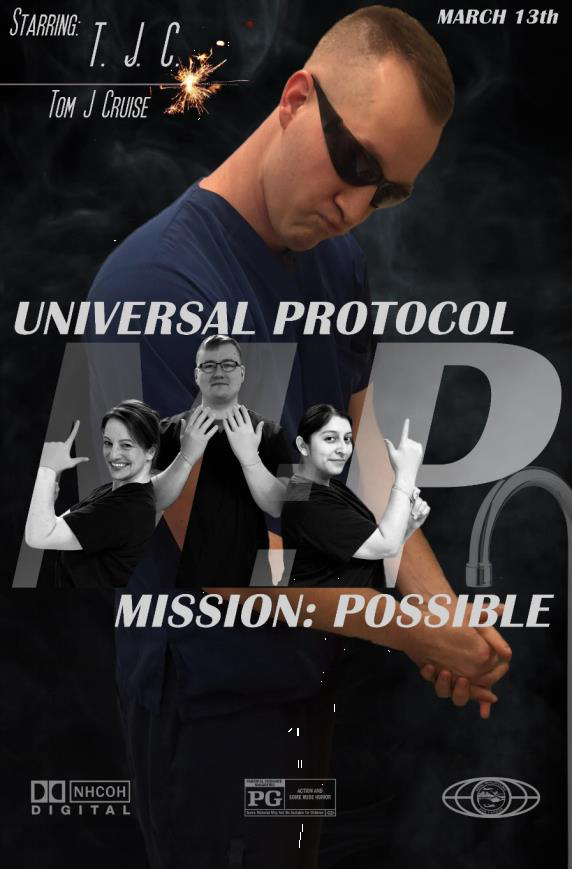
Reducing risks to patients’ information is a top priority for the DoD
MHSRS 2018 Dr. Yvonne Maddox
Video
8/23/2018

MHSRS attendees were asked about their impressions and thoughts on the symposium.
MHSRS 2018 Tim Clarke
Video
8/23/2018

MHSRS attendees were asked about their impressions and thoughts on the symposium.
MHSRS Young Investigator competition awards announced
Article
8/23/2018
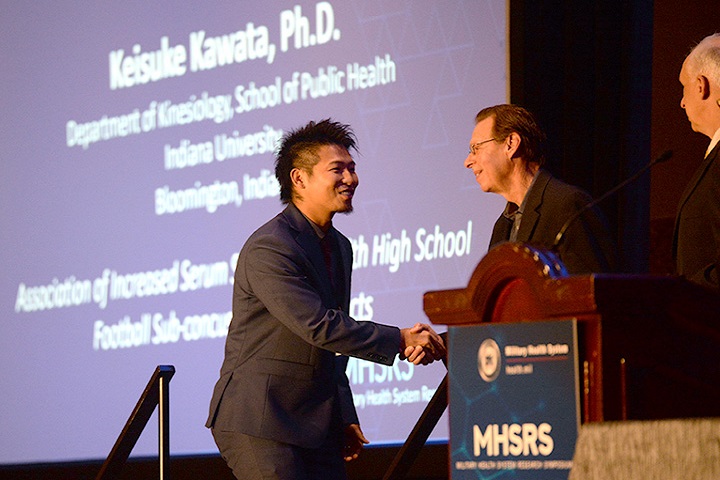
Three take top honors in highly competitive field
Beyond the Golden Hour to the Platinum Ten Minutes
Article
8/23/2018
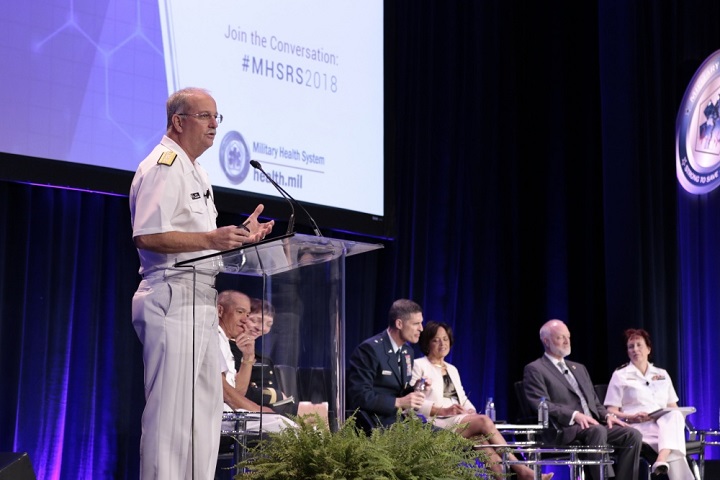
The next fight is going to be very different from past conflicts
MHSRS 2018 Kyle Brandenberger
Video
8/22/2018

MHSRS attendees were asked about their impressions and thoughts on the symposium.
MHSRS 2018 MAJ Steven Adamson
Video
8/22/2018

MHSRS attendees were asked about their impressions and thoughts on the symposium.
MHSRS session focuses on war-sparked innovation
Article
8/22/2018
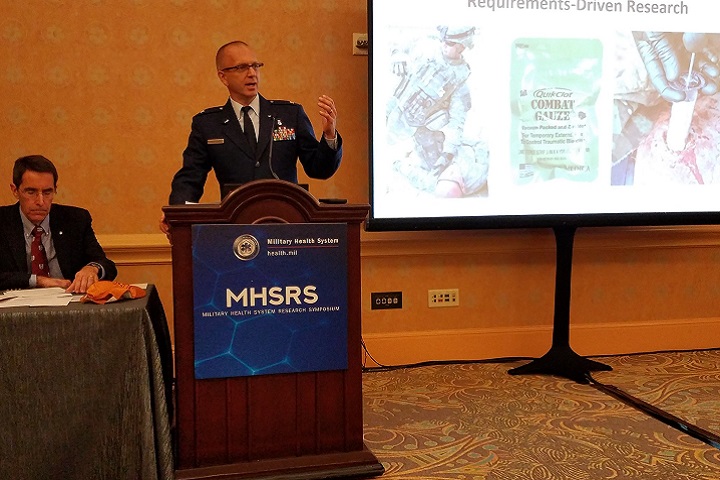
Pace called an extraordinary story of U.S. medicine
MHSRS 2018 Dr. Rauch
Video
8/21/2018

MHSRS attendees were asked about their impressions and thoughts on the symposium.
MHSRS 2018 CPL Michelle Ott
Video
8/21/2018

MHSRS attendees were asked about their impressions and thoughts on the symposium.





















.png)









No hay comentarios:
Publicar un comentario